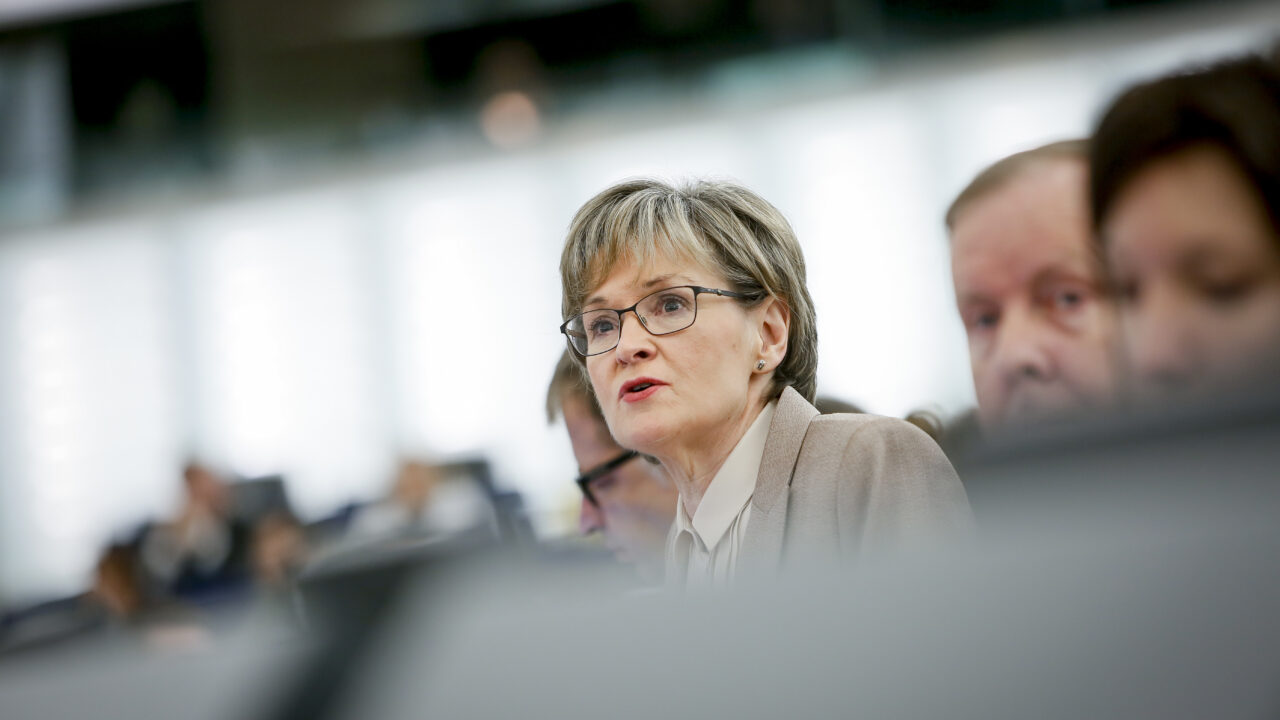The European Commission has confirmed that it is working on plans to allow member states to apply a zero VAT rate to all vaccines for veterinary purposes in future, Mairead McGuinness MEP has said.
Speaking in Brussels, during Global Immunisation Week, the First Vice-President of the European Parliament said a 23% standard VAT rate applies to non-oral vaccinations in Ireland; while the 0% rate applies on orally-administered vaccines.
“In a written question to the commission, I asked if – under EU law – this rate can be reduced in light of the ‘One Health’ approach to antimicrobial resistance (AMR) and the importance of vaccination in disease prevention.
“Prevention is better than the cure and vaccination programmes are part of a preventative strategy. Good husbandry practices, good hygiene and quality housing conditions are also important.
Antibiotics cannot be used to compensate for any shortcomings in this area.
The commission has stated that all member states can apply a reduced rate of VAT of a minimum of 5% to the supply of pharmaceutical products for veterinary purposes, which include vaccines.
“In addition, the commission also plans to amend the VAT directive to allow member states to reduce the VAT rate to 0% for the supply of pharmaceutical products for veterinary purposes,” McGuinness said.
‘Global coordination’
This week the parliament’s Agriculture Committee called for more “globally coordinated” research into new antimicrobials and alternatives – including ways to strengthen natural defence abilities of animals.
Education, training and public awareness campaigns based on the latest science and aimed at prudent use of antibiotics also have a crucial role to play.
The committee has called for immunisation by vaccination as a cost-effective health intervention that helps to combat AMR.
“While it’s equally important that veterinary practitioners should not receive incentives to prescribe, promote and supply certain medication and insist that prescription-only status for antibiotics; the cooperation between veterinarians and farmers and their accountability are key to the success,” she said.
“Use of antibiotics on Irish farms is lower than many of our European neighbours; but with a global focus on AMR, more can be done in this area and Irish farmers are willing to engage,” McGuinness concluded.
